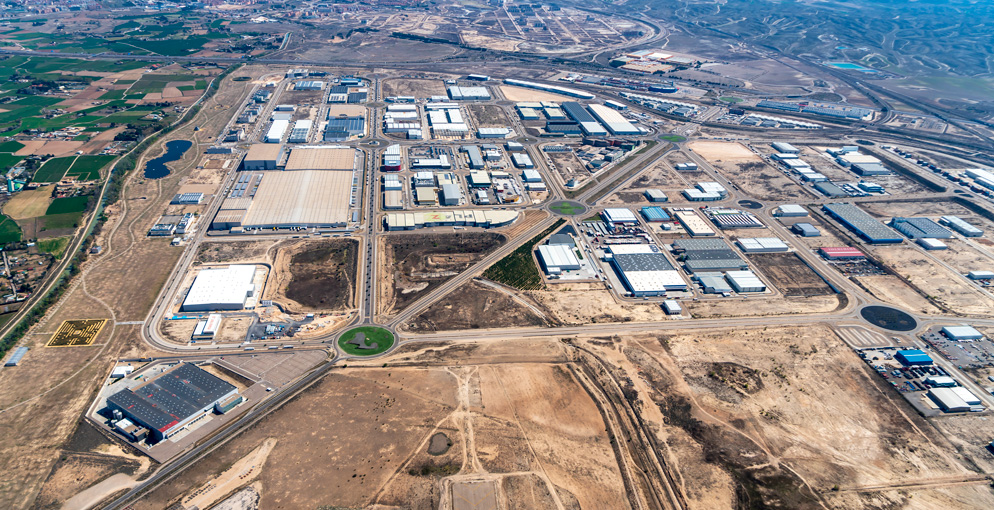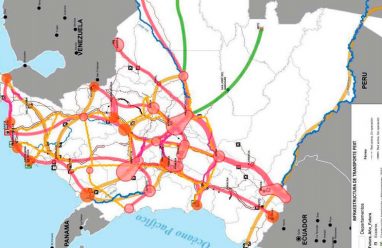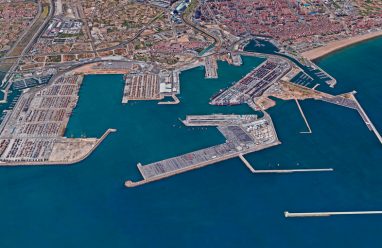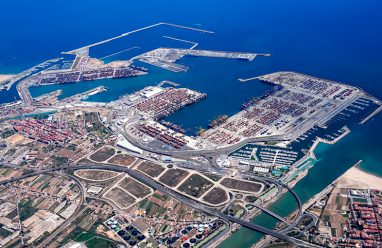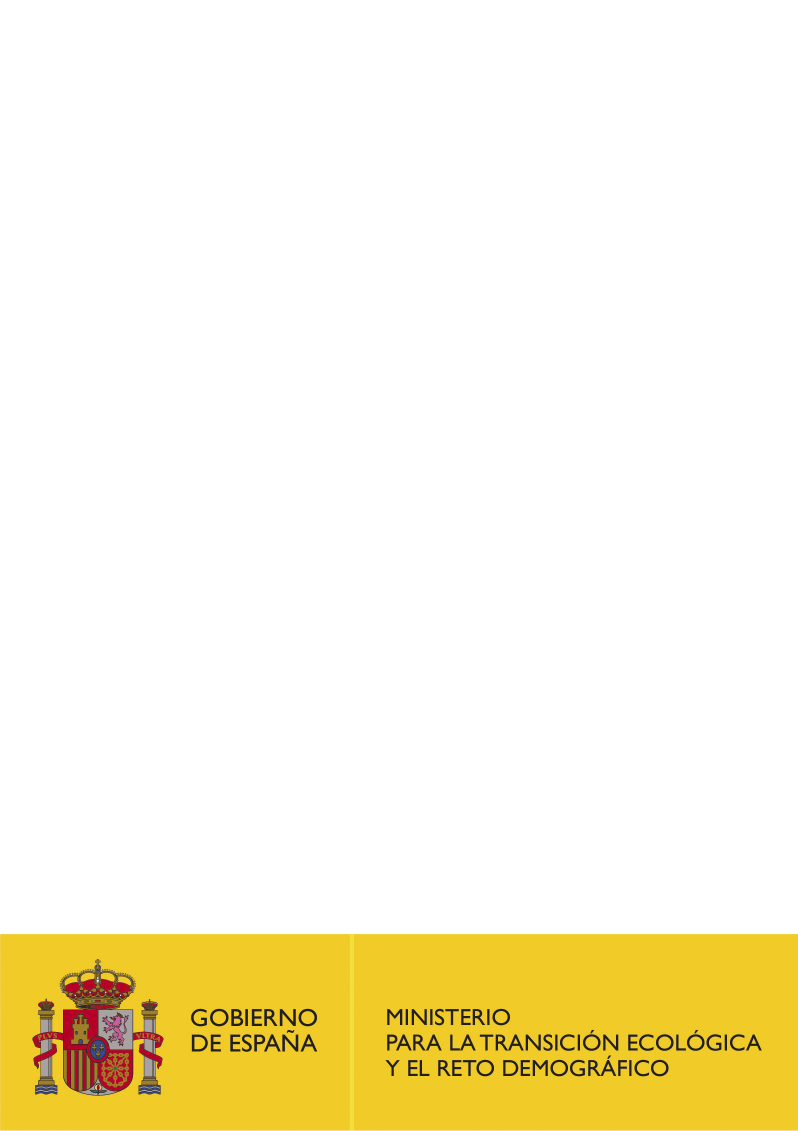The main objective of the project was to make progress in defining and designing a coordinated system of logistics platforms (LP) that would enable planned development in line with distribution and production sector needs, as well as the strategy of developing a sustainable transport model.
To that end, an analysis was carried out of the LP systems of other countries as well as an assessment of the regulatory framework, paying attention to both the European and the regional policy framework.
Once this overall framework had been defined, detailed information relevant to the study was compiled from different sources and by carrying out field work. In particular, the project involved a detailed inventory and characterization of both linear and nodal transport infrastructures; transport flows were analysed by creating detailed provincial- level origin-destination matrices by freight type; transport costs and times for different alternatives or modes were studied; and economic information relevant to logistics was collected using numerous indicators.
The next phase entailed modelling, simulation and analysis using a Geographic Information System (GIS), econometric models and optimization models. The analyses carried out included: the study of the structural load of the network and the identification of central nodes through the distribution of flows; the analysis of the accessibility of particular nodes by means of isochronous curves; analysis of the sectoral distribution of flows; multi-criteria analysis for the assessment of the potential zone for LP development, involving the selection, calculation and weighting of different supply and demand criteria; analysis of gravity equations in order to better understand the relationship between interregional freight flows and factors relating to transport infrastructure and logistics; optimization models for the location of nodes, hubs or consolidation and split nodes in the identified transport flows.
All these analyses are complementary and convergent, making a technical contribution to the discussion on an LP network proposal. Given the important political and social element of this debate, the economic impact dimension and the sustainability or environmental perspective were incorporated into the study.
LP should not be understood as mere real estate operations but rather as actions to foster intermodality and territorial rebalancing, to support the development of the logistics sector, to facilitate the flow of goods, and to improve the competitiveness of the productive sectors.
The results achieved in the project constitute a guide for the integration of the LP into Spanish infrastructure as a whole, providing a specific approach to integrating the port terminals and ensuring a planned development in accordance with the needs of the productive sector.

